The Washington Post columnist and author of The Working-Class Republican talks to Daniel P. Schmidt and Michael E. Hartmann about Reagan properly understood and how he can help conservatives and conservative philanthropy consider current challenges in facing the future.
Henry Olsen’s thinking and writing, along with too few others, presaged both that which gave rise to Donald Trump in 2016 and that which will now have to succeed him if conservatism is to achieve any successes like those it has achieved in the past.
Olsen is a senior fellow at the Ethics and Public Policy Center (EPPC), a Washington Post columnist, and author of 2017’s well-timed The Working-Class Republican: Ronald Reagan and the Return of Blue-Collar Conservatism.
He previously has been vice president and director of the National Research Initiative at the American Enterprise Institute (AEI), vice president of programs at the Manhattan Institute, and president of Pennsylvania’s Commonwealth Foundation. In 2015, he co-authored The Four Faces of the Republican Party: The Fight for the 2016 Presidential Nomination with Dante Scala.
Olsen is known for his accurate political predictions and trenchant political and cultural analyses. He masterfully mixes data with insight.
Most recently, for example, Olsen conducted a national survey for EPPC and YouGov of Americans who voted for Trump in 2020. Released earlier this month, its findings offer evidence that Trumpian populism should be a big part of the future of conservatism, if it’s going to grow.
As shown in the data from the survey below, 2020 Trump voters who also voted for Barack Obama in 2012 were more working class or poor, less evangelical Christian, more religiously unaffiliated, and more liberal or moderate than those more-traditional Republican 2020 Trump voters who also voted for Mitt Romney in 2012.
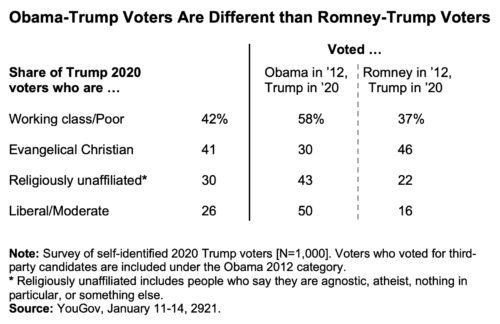
Olsen was kind enough to speak with us last week. In the first of two parts of our discussion, which is here, we talk about whether there might be a component of conservative philanthropy that could be conceptually analogized to the Obama-Trump voters in the political context and what it might mean for conservatism if there hasn’t been or is not. Scotch neat and It’s a Wonderful Life also come up.
In the almost 20-minute video of the second part below, we cover Reaganism properly understood and how Reagan can help conservatives and conservative philanthropy consider current challenges in facing the future.
“I don’t want to be overly critical, because I do have support from many people who are in the conservative donor class who see value in my work personally,” Olsen told us.
What I say to them is to be broad-minded about other people who are doing similar work and saying that this should be a broader part of our investment. I do not favor, nor do I think it is politically tangible, to have a purely populist party as a political movement in the United States of America. What is needed is a symmetry, an alliance, between elements of traditional conservatism and elements of what we, I think, can call populism.
Such a symmetry or alliance would, he continued, would simply be “an adaptation of what Ronald Reagan said in his 1977 address to the CPAC [Conservative Political Action Conference] meeting, entitled ‘A New Republican Party,’ where he spoke of different types of conservatism that did not agree on everything.” These various types “both unite against a common enemy and, more importantly, have core values in common that are rooted more in the question of what it means to be an American, as opposed to what should America do with respect to” the economy.
“If you simply take that 1977 speech and update it for the issues of our day, you have the way forward ….”
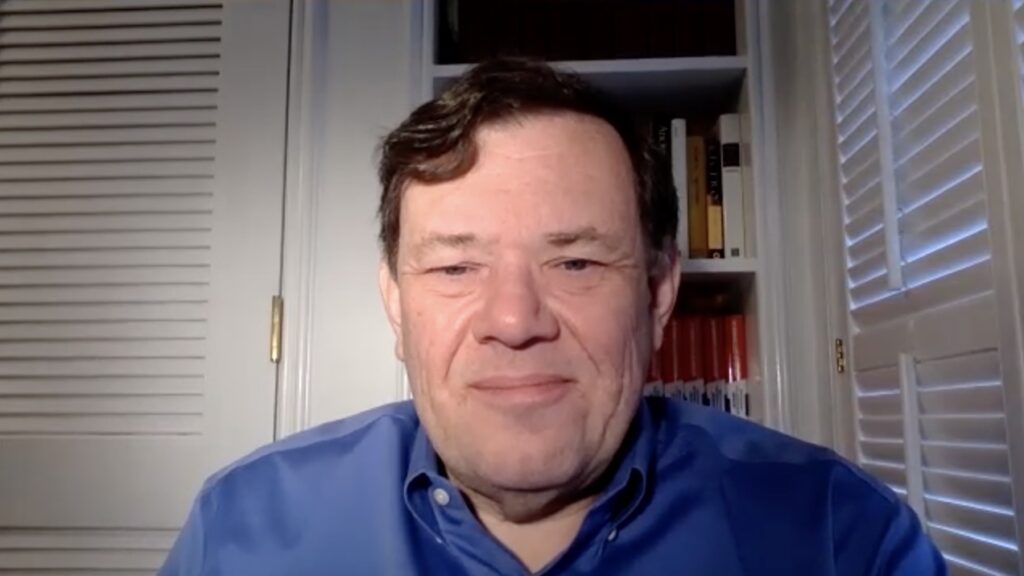



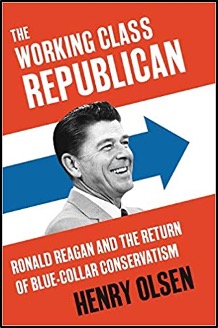
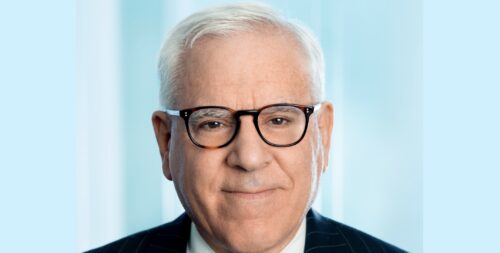
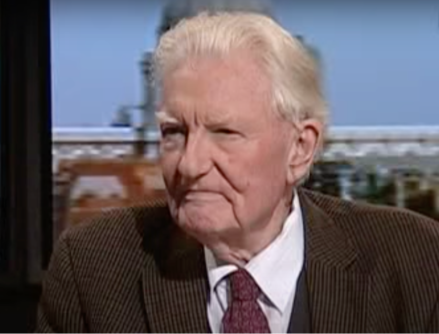
A well informed broad ranging tour of conservative trends and conservative philanthropy and possible ways to solve problems with reasons for those solutions. Terms like forming coalitions, limited targeted relief, attention to cultural factors and Reagan’s famous 1977 speech stood out.
He should write an article for the magazine of the Philanthropy Roundtable and be invited to speak at its national convention by himself or with you two, in my humble opinion. A broader conservative grantmaking audience should learn from him.
Names from the conservative grantmaking past who were very helpful and who are missed today sprung to my mind : Michael Joyce, Dick Larry at Scaife ( who argued for a cultural focus and who favored general purpose grantmaking without metrics, the Olin Foundation and the Earhart Foundation.